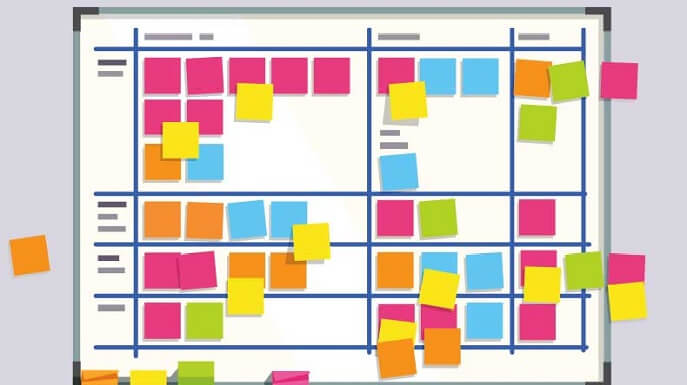What is leadership?
Leadership is about motivating a team to act towards achieving an overall goal.
Simply being the boss doesn't make you a leader. Whether you're leading a team or a dance, an effective leader provides direction and bring out the best in people.
What's your leadership style?
No two leaders are the same. Each leader has their own personality and way of working. Some leaders prefer to hog the power, others like to share it.
Here are 4 well known leadership styles:
-
Autocratic - leader holds the power and everyone must obey his or her orders
-
Paternalistic - leader makes decisions based on the team's needs (like a parent)
-
Democratic - everyone has a say but the leader makes the final decision
-
Laissez faire - team members are free to make decisions
Why is leadership important?
Employers love leaders. Many graduate schemes and jobs are designed to create future leaders of companies.
Leaders are important. They're in charge. They have to delegate work, make tough decisions and are responsible for inspiring team members.
Every team needs leadership. Without it, goals wouldn't be achieved and businesses would collapse.
What makes a good leader?
Here are some qualities, skills and traits of good leaders:
-
Accountable
-
Confident
-
Decisive
-
Empathetic
-
Good communicator
-
Honest
-
Inspiring
-
Passionate
-
Responsible
-
Trustworthy
-
Visionary
A leader is more than a title
Heads of governments are commonly called “world leaders” but if they're indecisive and don't know what they're doing, then the world “leader” is just a mere label.
If the prime minister's team is divided, unhappy, and not functioning effectively, then the prime minister clearly isn't showing good leadership.
A job title doesn't make you a leader. Your actions, behaviour and abilities to effectively manage do.
How can you prove you're a leader?
Discuss your skills
In an interview, explain how you've actively taken responsibility to meet team deadlines. You can also talk about a time you've managed a team, task or process.
Use the STAR framework when giving your answer. STAR stands for stands for Situation, Task, Action and Result. When you're answering a question, explain the:
Situation: Set the scene, explain what happened, what was the problem? Task: Explain what you needed to do Action: Describe what you did and how you did it, did you face any challenges? Result: What was the outcome? Did you achieve your aim? What did you learn?
Example
Question: Can you tell me about a time when you demonstrated leadership skills?
Situation
Once my manager called in sick when I was an Admin Assistant. Every morning my manager would allocate team members with their daily tasks. Senior managers were on a training course and were unreachable.
I was the longest serving member of the team, I had knowledge of every task and process of our team and took it upon myself to lead the team.
Task
I needed to assign the work to each team member depending on their skill sets to ensure the work gets done and the department stays running.
Action
I successfully delegated work to each member of the team. I did this by checking our skills matrix which outlines the processes each employee is trained in.
Result
Each employee was able to do the work they had been given. The work was completed correctly and there were no issues throughout the day.
I was praised by my team. As a result, I was asked to be the stand in manager whenever my manager was ill or away.
Add your skills to your CV
Add your leadership skills to your CV. For example:
-
Positive
-
Engaging
-
Communication
-
Confident
-
Courageous
-
Strategic planning
-
Organisation
-
Team player
-
Goal Setting
-
Decision making
Also describe how you've shown leadership in your previous jobs. For example:
-
Team leader with 7 direct reports
-
Managed and delegated workload daily
-
Set weekly team targets to meet departmental goals
-
Conducted monthly performance coaching sessions with staff
“A leader is one who knows the way, goes the way, and shows the way”
John C. Maxwell









